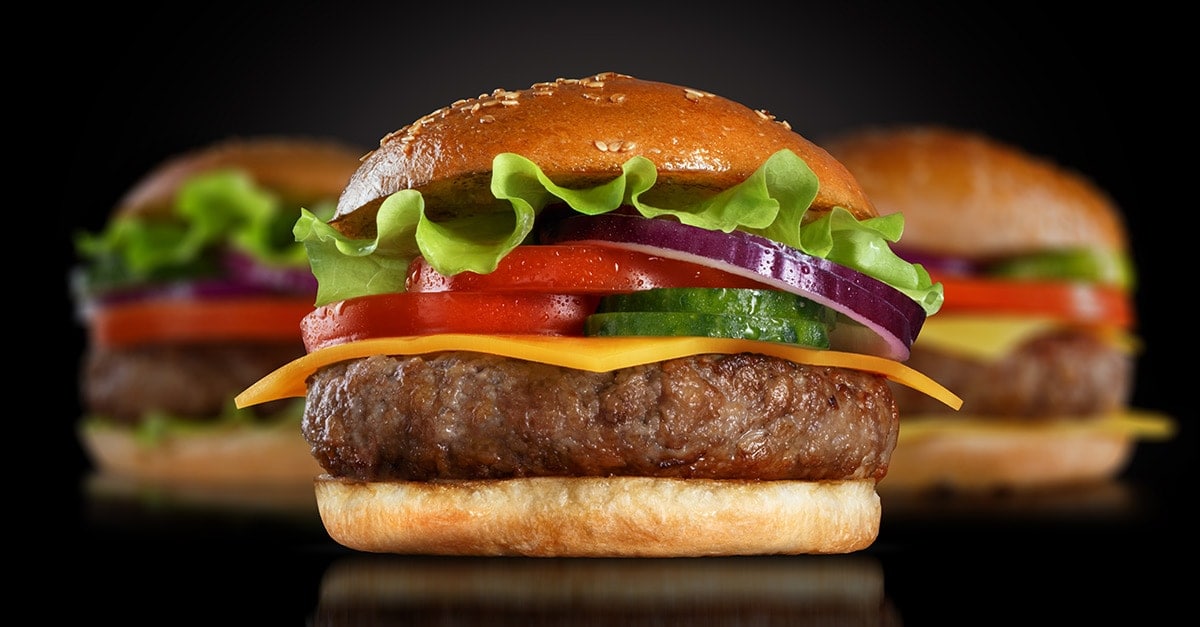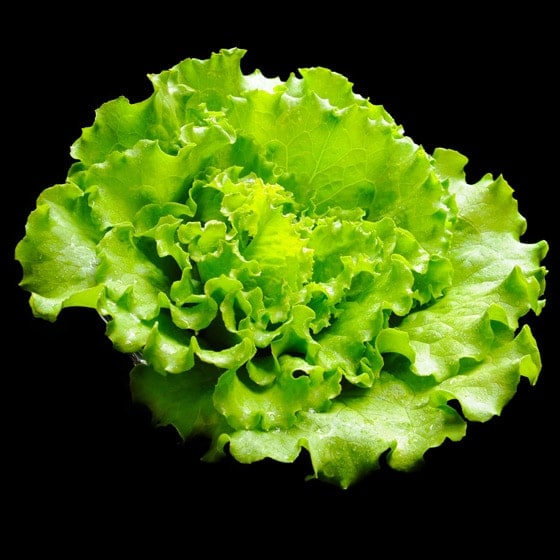How Deloitte helped a large fast food company become a leader in sustainability.
Unwelcome. Unpopular. Unwanted. After 30 years in France, one company was facing a moment of truth.

The public believed that fast food was simply not compatible with France’s food culture. The brand faced negative perceptions regarding treatment of its workforce, overall environmental impact, and most damaging of all, the promotion of junk food. With public dissatisfaction at an all-time high, something had to change.
A team of consultants from Deloitte France had a radical plan. To change the image, you’d have to start by changing the product. Listen to what the people want and then give it to them.
We developed a 10-year progress plan to take the client from corporate interloper to a family-friendly sit-down restaurant.

“Not so long ago, no French mayor wanted one in their town. Now most of them do.”
The first step was to work on the supply chain. French people are passionate about French food. So, we built relationships with French suppliers and farmers for potatoes, beef, chicken, lettuce, and wheat and made sure that the client always paid fair prices. The restaurant delivered. Today, 75% of its food supplies originate in France.
Then, we focused on a national waste plan by supporting a sustainable waste strategy based on packaging eco-design, waste sorting and the collection of abandoned waste.


“What has been accomplished has truly had a positive impact on society. The company has not only transformed its image, it has become an innovator in sustainability and green efforts and the employer of choice for young people. Not so long ago, no French mayor wanted one in their town. Now, most of them do. As a result, France has become a leading revenue generator globally,” said Deloitte France Partner Marie Georges.
Even more impressive, we managed to onboard all the 1,400 restaurants to monitor their environmental performance and share best practices thanks to a specific program, EcoProgress. This program is based on a digital tool and a dedicated team coordinating the EcoProgress Ambassadors, a team of upskilled employees trained to input and analyse data, developing an in-demand skillset in its entry-level workforce—a significant benefit for France’s young unskilled workers. The data collected by the system feeds into the client’s global commitment to reduce greenhouse gas emissions by 35%. Today, France represents the largest market in Europe for the company and is second only to the US. The average purchase in the United States is US$5 compared to the French spend of roughly US$25.
As the team begins outlining the next 10-year 2030 roadmap, the client finds itself a model for other geographies in which the brand operates.

